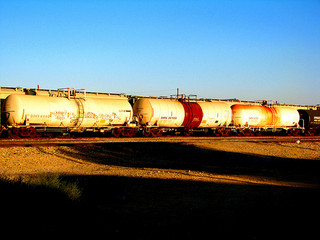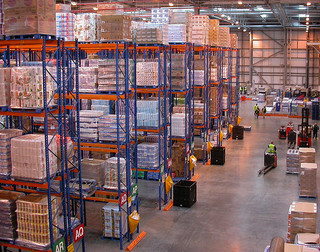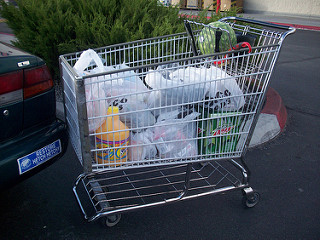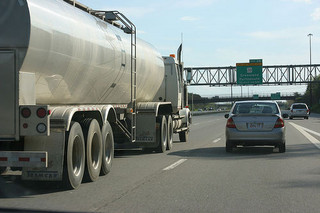Changes Forthcoming to Address Safety on Rail Tankers Carrying Crude Oil

Federal regulators met with representatives from the railroad industry, oil industry, pipeline industry, and other interested parties last week to discuss possible solutions to the growing concerns over railway safety. In the past several months, four major accidents involving trains filled with crude oil have endangered lives and property. Since the pipeline infrastructure in North America is currently insufficient to handle the crude oil and natural gas boom created by shale drilling, about half of the oil produced is shipped via railways. These railways traverse through some of the most heavily populated areas in the nation, as well as many small communities scattered across the landscape. No major decisions regarding immediate new safety regulations were made, but industry leaders have stepped up to suggest some immediate changes they can make for themselves without government demands. Among these changes, the railroad leaders have agreed to begin using less populated routes for trains carrying crude oil, as well as slowing trains traveling through heavily populated areas.
The accidents involving rail cars carrying crude oil span from Canada to Alabama, and as far west as California. Railroads are expected to put these new safety measures in place within the next 30 days. In the future, the industry and the government might consider reclassifying crude oil shipments to a higher level of danger, and one of the changes expected is to impose new regulations on the types of tanker cars crude oil can be shipped in.
Safety inspections for rail tankers is another probable change. Currently, more than a million shipments of crude oil are transported in the country each day. U.S. Transportation Secretary Anthony Foxx declined to say exactly which railroad officials attended the meeting, but most of the major companies were represented, in addition to the representatives for smaller railroad companies, the pipeline industry, and those from the oil business.






